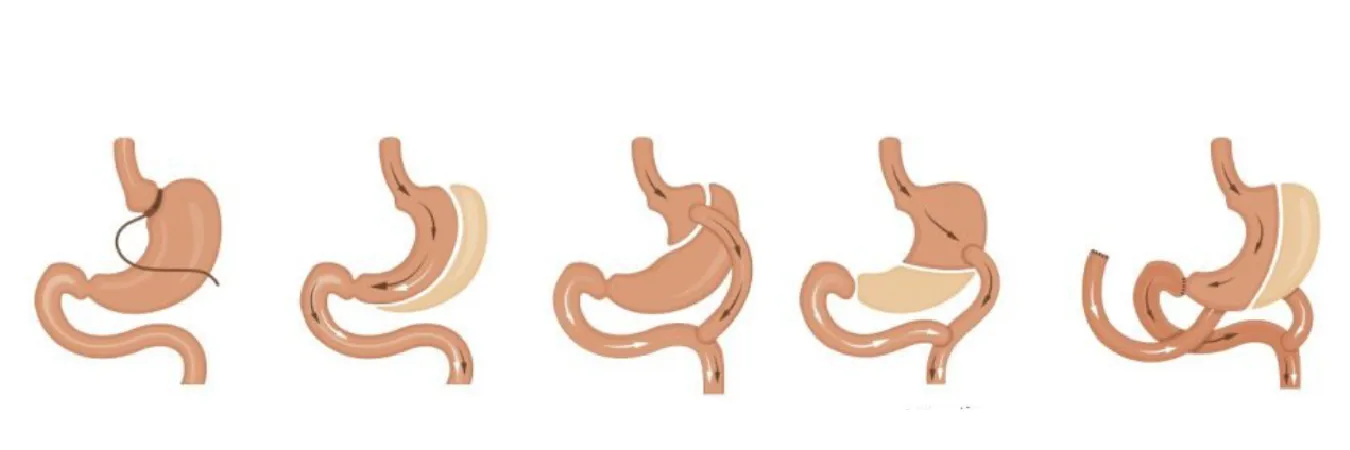Bareatric Surgery
Indications for Bariatric Surgery:
Bariatric surgery is performed with the objective of shedding excess weight and diminishing the risk of potentially life-threatening weight-related health complications. These encompass:
Specific cancers like breast, endometrial, and prostate cancer.
- Heart disease and stroke.
- High blood pressure.
- Elevated cholesterol levels.
- Nonalcoholic fatty liver disease (NAFLD) or nonalcoholic steatohepatitis (NASH).
- Sleep apnea.
- Type 2 diabetes.
Potential Risks:
Just like any major surgical procedure, bariatric surgery carries inherent health risks, both in the short and long term. These may encompass:
- Excessive bleeding.
- Infection.
- Adverse reactions to anesthesia.
- Blood clot formation.
- Respiratory or pulmonary issues.
- Gastrointestinal system leaks.
- Rare but serious cases of mortality.
Bareatric Surgery
Post-Bariatric Surgery:
After undergoing weight-loss surgery, patients typically go without food for 1 to 2 days to allow the stomach and digestive system to recuperate. Following this period, a specific diet is followed for several weeks, commencing with liquids and progressing through pureed and soft foods before returning to regular foods. Dietary restrictions and guidelines on food and beverage consumption may be imposed.
Frequent medical check-ups are necessary during the initial months post-surgery to monitor overall health. These appointments may include laboratory tests, bloodwork, and various examinations.
Outcomes:
Gastric bypass and other bariatric procedures can lead to enduring weight loss. The extent of weight reduction depends on the type of surgery and modifications made to one's lifestyle. It is conceivable to lose a substantial portion, possibly up to half or more, of excess body weight within a span of two years.

